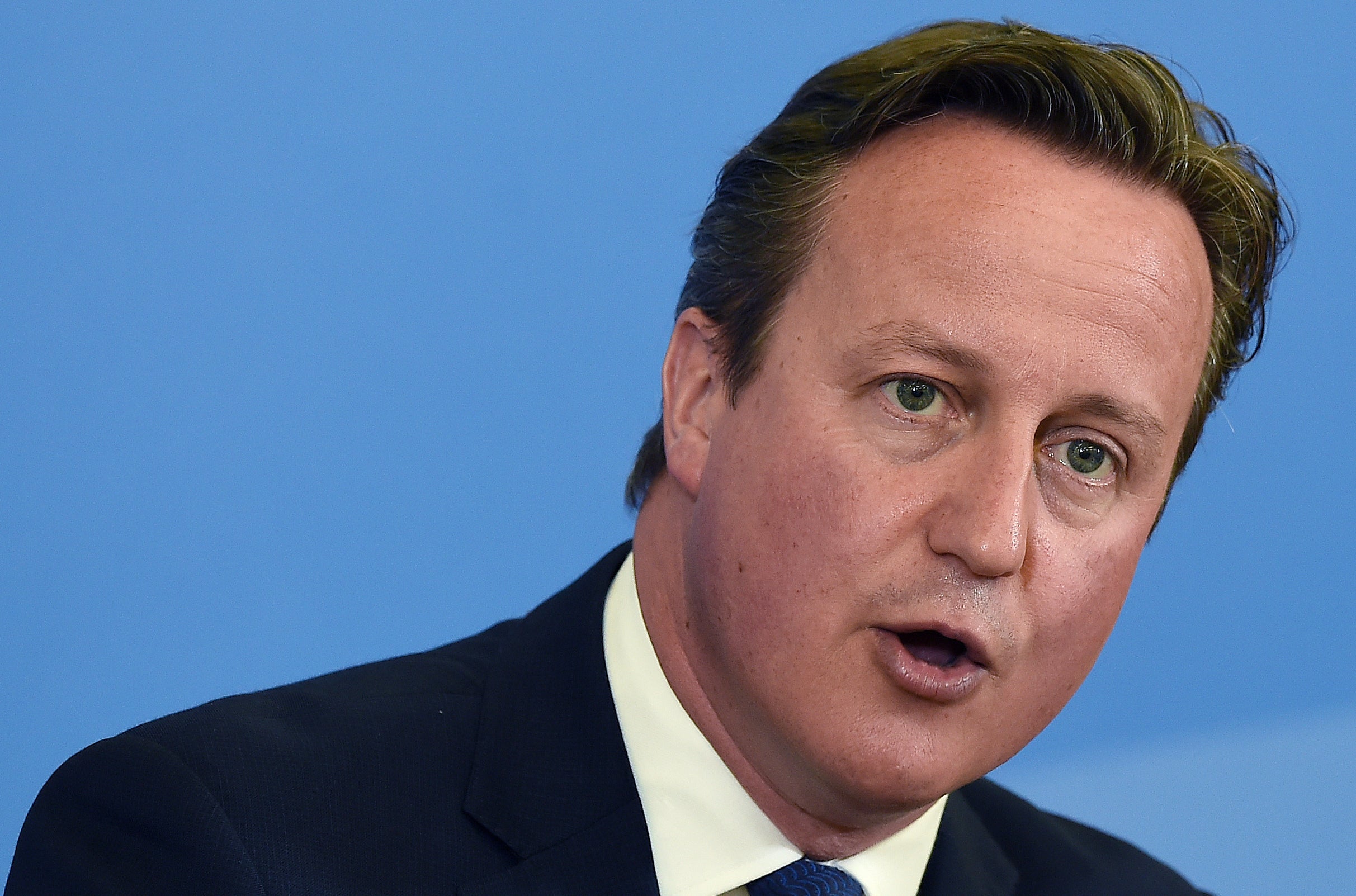David Cameron set to ditch key demand on EU migrants' access to welfare, Brussels officials claim
The move would cause uproar with Tory eurosceptics, who already poured scorn on the idea that restricting EU migrants' access to benefits would sufficiently reduce immigration

Your support helps us to tell the story
From reproductive rights to climate change to Big Tech, The Independent is on the ground when the story is developing. Whether it's investigating the financials of Elon Musk's pro-Trump PAC or producing our latest documentary, 'The A Word', which shines a light on the American women fighting for reproductive rights, we know how important it is to parse out the facts from the messaging.
At such a critical moment in US history, we need reporters on the ground. Your donation allows us to keep sending journalists to speak to both sides of the story.
The Independent is trusted by Americans across the entire political spectrum. And unlike many other quality news outlets, we choose not to lock Americans out of our reporting and analysis with paywalls. We believe quality journalism should be available to everyone, paid for by those who can afford it.
Your support makes all the difference.David Cameron is set to ditch his controversial demand to make EU migrants wait four years before they can claim in-work benefits, officials in Brussels have said.
The move would cause uproar with some of his backbench MPs, who had already poured scorn on the proposals and eurosceptics will seize on the reports as further proof that Britain should quit the EU to take back control of immigration.
A European diplomat close to the negotiations between Britain and the EU told The Times that British officials are "working on something else" after being told that barring EU migrants from claiming tax credits and child benefits for four years "does not fly".
Mr Cameron said earlier this month that he was "open to different ways" of dealing with restricting EU migrants access to welfare in Britain and the EU official said Brussels were "expecting David Cameron to come with new proposals to the European Council next month".
The official added: "There are possibilities to help but not on the specific point of four years."
Mr Cameron hopes that he can finalise a deal with his 27 fellow EU leaders at a summit in Brussels on December 17, which would allow him to set a date for the referendum as early as May next year.
The move to restrict EU migrants' access to welfare has been a sticking point in his bid to reform Britain's relationship with the EU, with the European Commission describing the plans as "highly problematic" and eastern European leaders strongly opposed to restrictions being imposed on EU migrants.
Mr Cameron had told voters at the election that changes to welfare to cut EU migration would be an "absolute requirement" in the renegotiation process.
But earlier this month he watered down the proposals.
In a letter to Donald Tusk, President of the European Council, Mr Cameron wrote that he "understood how difficult" the issue was for other member states and in a speech beforehand he told his European partners that he was "open to different ways of dealing with this issue."
The changes to migrants' access to welfare are seen as crucial for the In campaign's chances of winning the EU referendum, which will be held before the end of 2017.
With immigration among voters' top concerns, securing reforms to the so-called 'pull factors' that encourage EU migrants to move to the UK were seen by Downing Street as the best way of reducing net immigration, which soared to a 10--year high of 318,000 last year.
But EU officials are opposed to any changes that may infringe the core EU principle of freedom of movement and any changes to migrants' access to in-work benefits are likely to require treaty change to be deemed legal.
Subscribe to Independent Premium to bookmark this article
Want to bookmark your favourite articles and stories to read or reference later? Start your Independent Premium subscription today.
Join our commenting forum
Join thought-provoking conversations, follow other Independent readers and see their replies
Comments